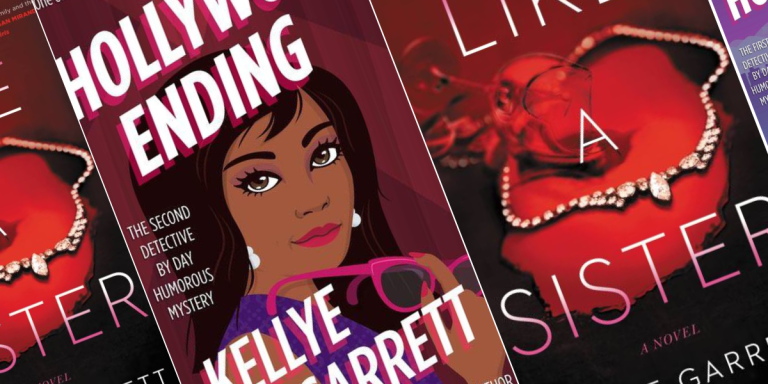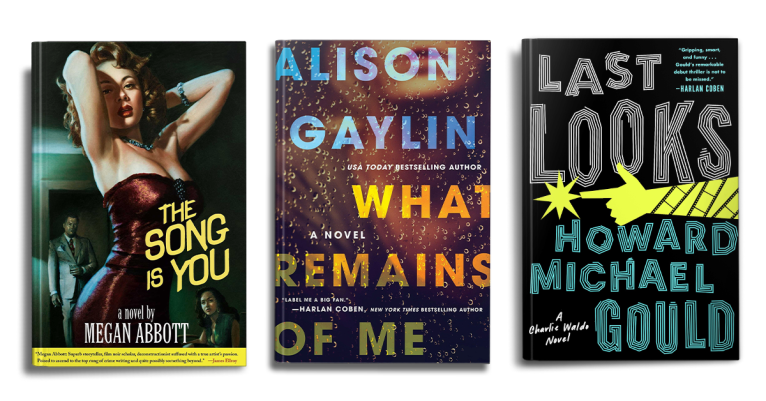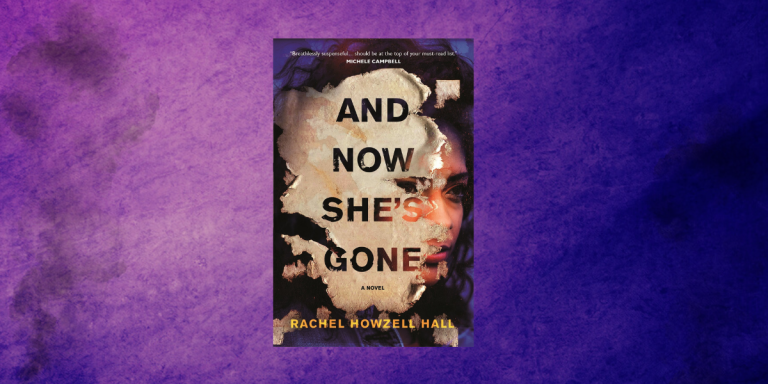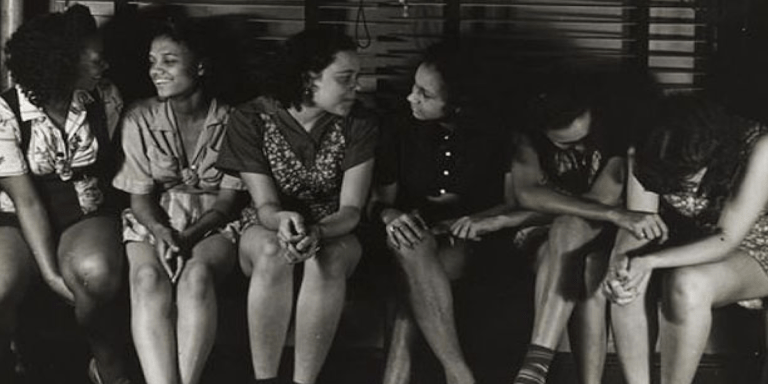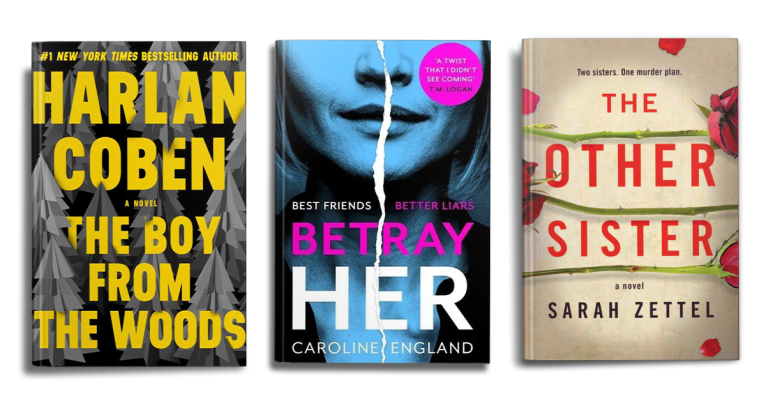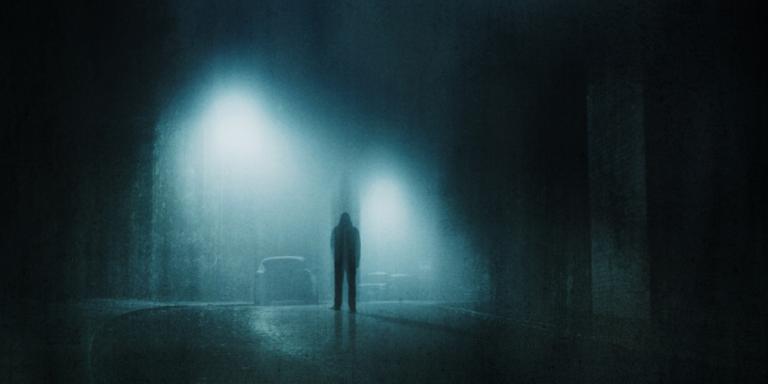Author Spotlight: Zakiya Dalila Harris and The Other Black Girl
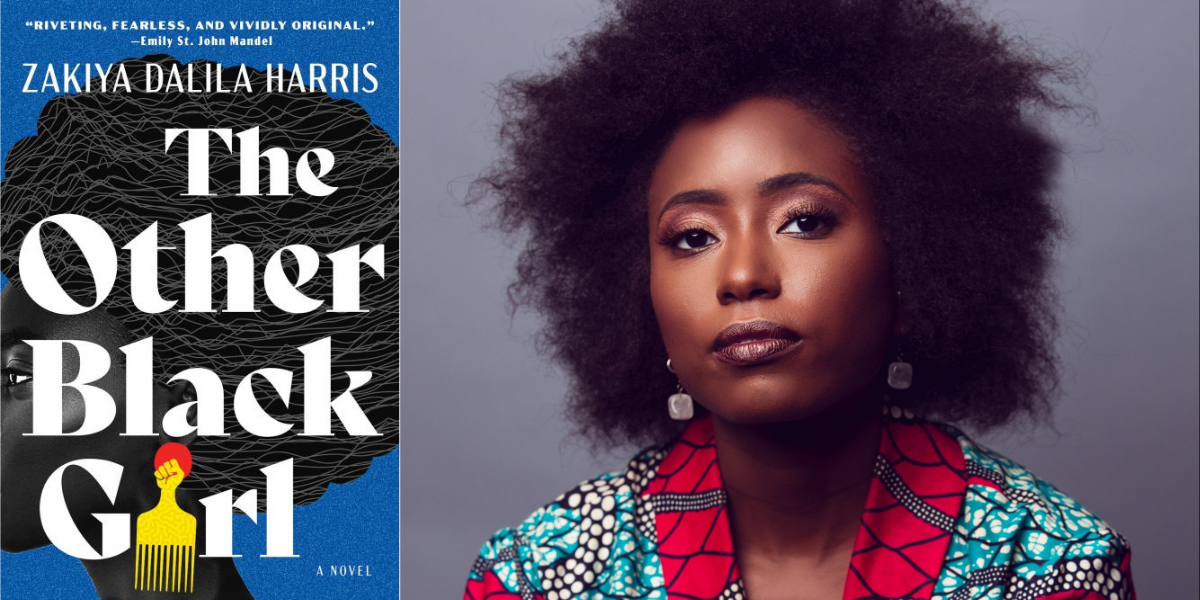 Q: Your novel combines mystery with a splash of dark comedy and a very real conversation about systemic racism. How did you manage to balance these topics?
Q: Your novel combines mystery with a splash of dark comedy and a very real conversation about systemic racism. How did you manage to balance these topics?
A: To be completely honest, I didn’t think too hard about trying to balance these topics. Black people have been using humor to cope with racism for years, and that’s how I’ve often dealt with many of my own experiences with macro- and microaggressions, too. Being able to laugh at something, no matter how bitter it might also make me feel, is really cathartic for me.
I also knew that I didn’t want this book to feel too self-righteous or too didactic. Black people experience systemic racism inside and outside of the workplace far too often, and it’s important to highlight that. But Black people are also living real, full lives. We are still finding ways to laugh and enjoy ourselves. Both of these messages can be delivered hand-in-hand; in fact, I think it’s crucial that they are.
Q: Nella Rogers’ experience speaks to complex female relationships and racial tensions in the workplace, in particular the publishing industry. Did you pull from any specific experiences of your own when writing THE OTHER BLACK GIRL?
A: I’ve thankfully never had to deal with a Colin Franklin situation, but I have had many different jobs where I’ve been the only Black employee, or one of two. And it can be a lot. When you’re the only one, it’s hard not to feel like your coworkers think you represent all Black people. When you’re not the only one, it’s not uncommon to wonder, at least in the beginning, if you’re going to be constantly compared to the other Black person in the office.
There’s something very demoralizing about having your existence defined not just by your relation to white people, but to Black people, too. So Nella’s insecurities about whether or not she said the “right” thing the “right” way to her white colleagues—or if her coworkers like her new Black coworker Hazel more than her—are ones I’ve definitely experienced at different points in my life.
Q: A more lighthearted question: What was your favorite scene to write in this novel? I’m sure there are many!
A: Yes! There are so many, but I really enjoyed writing the scenes in which Nella and Malaika are just hanging out, catching up, making each other laugh. For Nella, their friendship is everything that Wagner Books isn’t: warm, open, forgiving. She can be herself. So it was very refreshing to write her in those comfortable spaces.
Q: You are a former Knopf (Penguin Random House) employee. It’s fair to say your insider’s view of how editorial works helped inform the themes in this book. For our readers out there who may not understand the very real lack of diversity in book publishing, how would you explain the relevance of THE OTHER BLACK GIRL?
A: Book publishing has a diversity problem for a lot of reasons, and many other folks have explained this issue far better than I can here! But I will say that The Other Black Girl speaks directly to the kind of wear and tear that being the only Black person in the room can have on a person’s mentality, and on the way one sees themselves.
When I decided to leave publishing to finish writing this book, I felt some guilt about giving up such a prestigious publishing job when so many Black people struggle to get their foot in the door. I felt a sense of responsibility to try to help make the office a more diverse place, and this is a big part of what drives Nella to succeed at Wagner Books, too: the dream of achieving what many Black people haven’t achieved.
The trouble is, her white colleagues see her Blackness on their terms, not her own. And that disconnect leads to all kinds of things: feeling tokenized; burnt out; like you can’t be your true, authentic self. And in many cases, wanting to leave. I think that’s one of many reasons why we’re still so underrepresented in book publishing, and in a lot of other industries.
Q: THE OTHER BLACK GIRL is your debut novel and it’s already been slated for a Hulu adaption by Tara Duncan, which we are incredibly excited for! What’s next for you? Any current projects you can hint at?
A: Yes! It’s been a lot of fun reimagining the book for an entirely new form of media.
My next book will be a work of fiction that explores the lives of Black Americans. I’m also co-hosting Dead Writer Drama, a new podcast for the American Writers Museum that delves into the lives of late great literary giants. So, I’m definitely keeping busy!
Order Now
Twenty-six-year-old editorial assistant Nella Rogers is tired of being the only Black employee at Wagner Books. Fed up with the isolation and microaggressions, she’s thrilled when Harlem-born and bred Hazel starts working in the cubicle beside hers. They’ve only just started comparing natural hair care regimens, though, when a string of uncomfortable events elevates Hazel to Office Darling, and Nella is left in the dust.
Then the notes begin to appear on Nella’s desk: LEAVE WAGNER. NOW.
It’s hard to believe Hazel is behind these hostile messages. But as Nella starts to spiral and obsess over the sinister forces at play, she soon realizes that there’s a lot more at stake than just her career.
By clicking 'Sign Up,' I acknowledge that I have read and agree to Hachette Book Group’s Privacy Policy and Terms of Use
